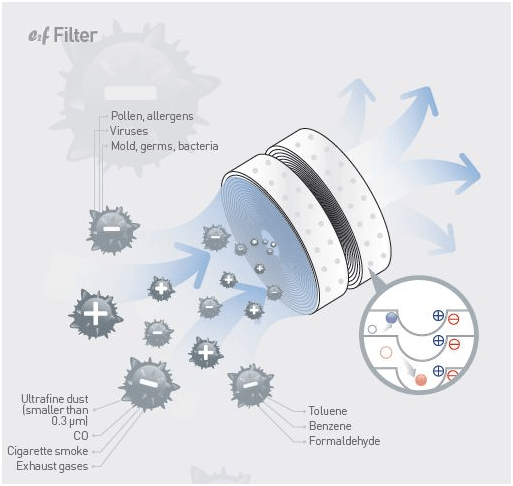The Connection Between Climate Conditions And Heat Pump Efficiency, Along With Solutions To Boost Effectiveness
The Connection Between Climate Conditions And Heat Pump Efficiency, Along With Solutions To Boost Effectiveness
Blog Article
Article Writer-Tuttle Linnet
When it pertains to your heat pump, climate plays a vital role in its efficiency. From freezing temperature levels to sweltering heat, each component can influence how effectively your system operates. But what can you do to deal with these weather-related obstacles and ensure your heat pump is operating at its ideal? Keep tuned to uncover functional pointers and approaches to maximize your heat pump's efficiency, despite the climate condition it deals with.
Climate Variables Affecting Heat Pump Efficiency
Climate elements have a substantial influence on the performance of heatpump. One essential variable is temperature level. Heatpump work by transferring warmth from outdoors to within throughout winter season and the other way around in summertime. As temperature levels decrease, it ends up being harder for the heat pump to essence warmth from the outside air, decreasing its efficiency.
Another key element is moisture. High moisture levels can make it a lot more tough for the heatpump to release warmth during the cooling process.
In addition, wind rate plays a role. Strong winds can dissipate the heat taken in or launched by the heatpump, impacting its overall efficiency.
Tips for Optimizing Heatpump Efficiency
To enhance the performance and longevity of your heatpump, carrying out a few essential strategies can make a considerable distinction in its efficiency.
Firstly, make certain routine upkeep by cleaning or changing filters every 1-3 months to stop airflow blockages and optimize airflow. Furthermore, routine annual expert evaluations to identify and address any potential concerns at an early stage.
Optimum thermostat settings likewise play an essential function. Throughout the winter season, go for a temperature setup that's as low as comfortable, and throughout the summertime, set it as high as comfortable to reduce the work on your heat pump. Utilizing a programmable thermostat can assist you automatically readjust settings based on your timetable.
In addition, securing leaks in ductwork and shielding air ducts in unconditioned areas can prevent energy loss and enhance overall system efficiency.
Finally, take into consideration mounting a smart thermostat that can discover your practices and change setups as necessary, more enhancing your heat pump's efficiency. By complying with these suggestions, you can ensure your heat pump runs successfully and successfully throughout the year.
Best Practices for Weatherproofing Your Heatpump
For ideal efficiency and efficiency of your heat pump, applying weatherproofing steps is crucial. Beginning by securing any kind of gaps or cracks around doors, windows, and ductwork to stop warm loss and preserve a regular indoor temperature level.
Shield revealed pipes and ducts to prevent cold throughout winter and make sure proper air flow. Consider setting up Read This method over the exterior unit to shield it from extreme weather condition components like snow, ice, and particles.
Regularly tidy the outside system to remove dirt, leaves, and particles that can block air movement and decrease efficiency. Additionally, maintain the area around the heatpump clear of snow, ice, and greenery to permit appropriate air flow.
Conclusion
Now that you comprehend how weather affects your heat pump performance, you can take proactive steps to maximize its efficiency. By following the suggestions described in this write-up, such as normal maintenance, thermostat modifications, and weatherproofing measures, you can make certain that your heatpump runs at its ideal regardless of the weather conditions. Keep ahead of the game and keep your home comfortable all the time.
